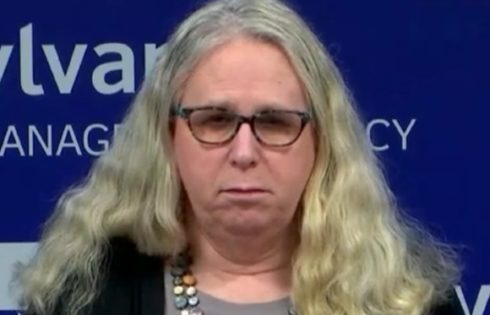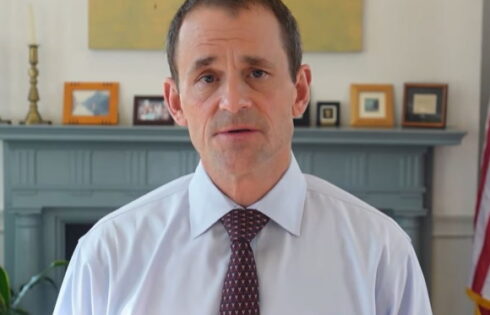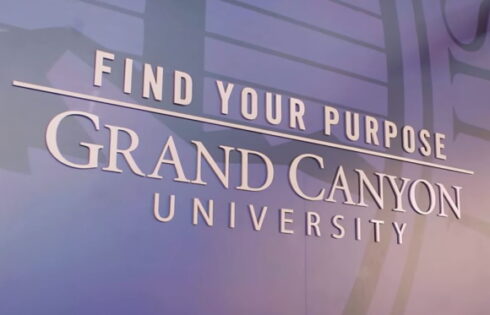
In the latest overly empathetic attempt at shielding young people from the harsh realities of life, a shrink wonders if schools should ban children from having — wait for it — best friends.
Writing in US News, child and family psychologist Dr. Barbara Greenberg says “there is something dreadfully exclusionary” about the concept of a “best friend,” and notes some American and European schools already forbid kids from having them.
Greenberg realizes that many will scoff at the notion based on “real life” expectations (“perhaps there is some truth to that,” she says), but she is focused on the “bigger picture”– that is, the distress of rejection associated with having a close confidante.
“I am a huge fan of social inclusion,” Greenberg writes. “The phrase best friend is inherently exclusionary. Among children and even teens, best friends shift rapidly. These shifts lead to emotional distress and would be significantly less likely if our kids spoke of close or even good friends rather than best friends.
“And, if kids have best friends, does that also imply that they have ‘worst friends?'”
A focus on having best friends certainly indicates there’s an unspoken ranking system; and where there is a ranking system, there are problems. I see kids who are never labeled best friends, and sadly, they sit alone at lunch tables and often in their homes while others are with their best friends.
My hope is that if we encourage our kids to broaden their social circles, they will be more inclusive and less judgmental. The word “best” encourages judgment and promotes exclusion.
I am not, however, an advocate of encouraging kids to have huge groups of friends. What I would like to see instead is children having a smaller group of close friends. In fact, there is research suggesting that adolescents who have a small group of close friends fare better emotionally than those who are part of a larger social circle. Perhaps those who are part of a large group lack closeness and are socializing primarily with acquaintances.
Greenberg says parents should not forbid their kid from “having contact” with a best friend, nor “march into [their] child’s school” to make sure there’s no prohibition on having best friends.
“Instead,” she says, “consider making a bit of a shift to your vocabulary and talk to your children about the importance of having close friends. Put less emphasis on popularity and having best friends.”
She concludes: “Think of all the wonderful opportunities you may have missed if you socialized exclusively with only one friend.”
MORE: Having white friends ‘can be exhausting’ so we stick with nonwhites
MORE: NC State dean: One of my best friends as a student was Mao
IMAGE: Shutterstock.com
Like The College Fix on Facebook / Follow us on Twitter





Please join the conversation about our stories on Facebook, Twitter, Instagram, Reddit, MeWe, Rumble, Gab, Minds and Gettr.